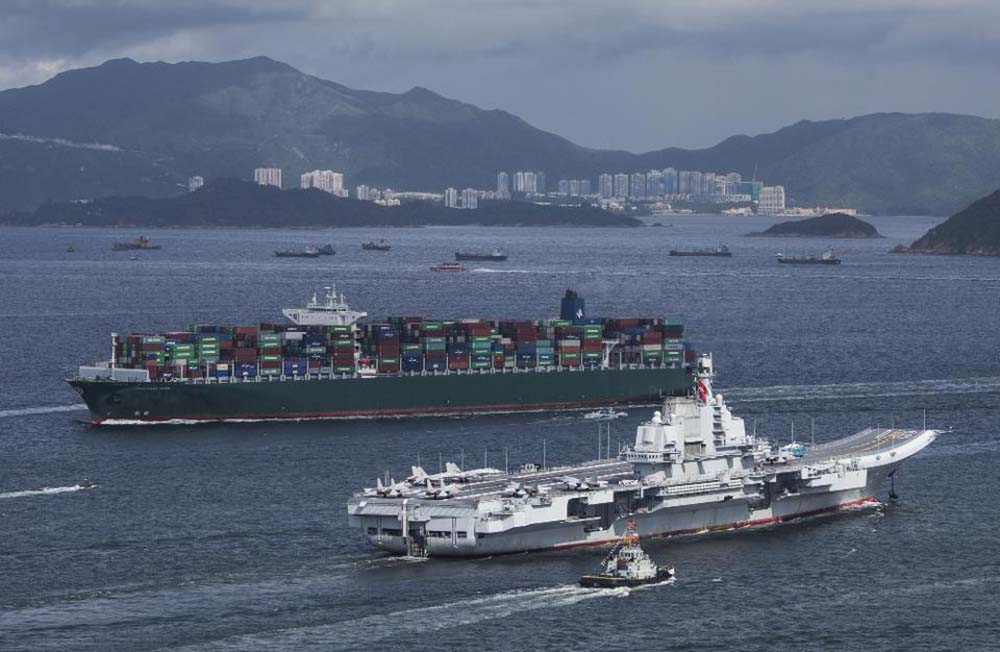By Panos Mourdoukoutas
(Forbes) - China is turning Sri Lanka into a modern day “semi-colony,” the same way Great Britain and Portugal turned south China into their own semi-colonies back in the mid of 19th century.
Sri Lanka didn’t lose a war to China. It never ceded any of its territory officially to China. But it handed over economic control of its deep sea Hambantota port to China Merchants Port Holdings (CM Port).
Last week, CM Port made a $584 million payment as part of a $1.12 billion deal to operate Sri Lanka’s deep-sea Hambantota port, according to a Reuters report. Under the agreement, signed in July 2017, CM Port will run the $1.5 billion Chinese-built port on a 99-year lease.
The $1.12 billion total price is to be used to reduce the Sri Lankan government’s debt to China.
In economic terms, this agreement is similar to that China signed back in the aftermath of Opium Wars with the British and the Portuguese, ceding control of its Southern ports to the British and the Portuguese.
China's growing presence in Sri Lanka began back in 2007, when Beijing provided President Rajapaksa both military and diplomatic support to crush the Tamil Tigers. Then followed high profile construction projects and high interest loans that left Sri Lanka heavily indebted to China.
Sri Lanka government debt was standing 77.60% of the country's GDP in 2017, well above the 69.69% average for the 1950-2017 period, according to Tradingeconomics.
Meanwhile, Sri Lanka’s Government Budget deficit stands at 5.5% of the country’s GDP, adding to its indebtedness.
Rising indebtedness comes at a time when Sri Lanka is already living beyond its means, as evidenced by persistent current account deficits, which stand at 2.60% of the country's GDP in 2017.
To cope with a rising debt to China, Sri Lanka has signed agreements with China that swap loans for equity, transforming China into an owner to major infrastructure projects like Sri Lanka’s major port— and a key outpost in the Indian Ocean for Beijing.
This development has irked India, which is slowly becoming encircled by China; and India’s allies that are concerned about China’s aggressive moves to control maritime trade from the South China Sea to the Indian Ocean.
That’s something investors in Southeast Asian markets should keep a wary eye on, as it opens yet another front between the two Asian giants, raising the geopolitical risk of investing in the region.
Markets, for the time being, seem to be ignoring these risks.

Leave your comments
Login to post a comment
Post comment as a guest